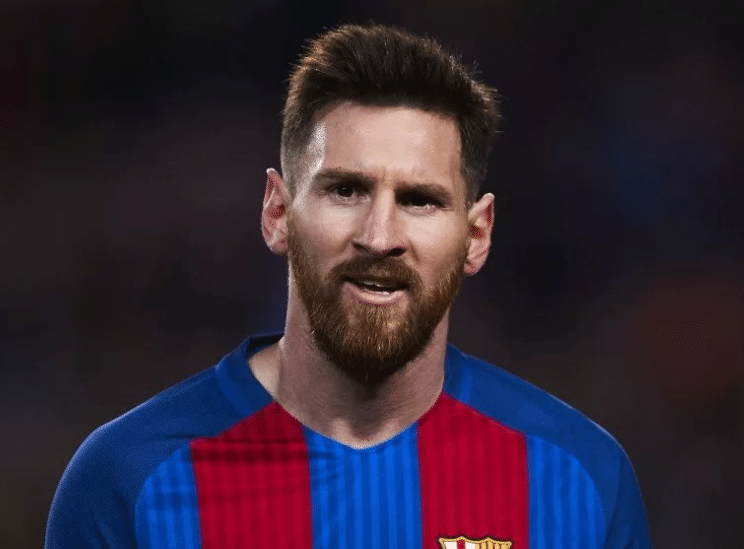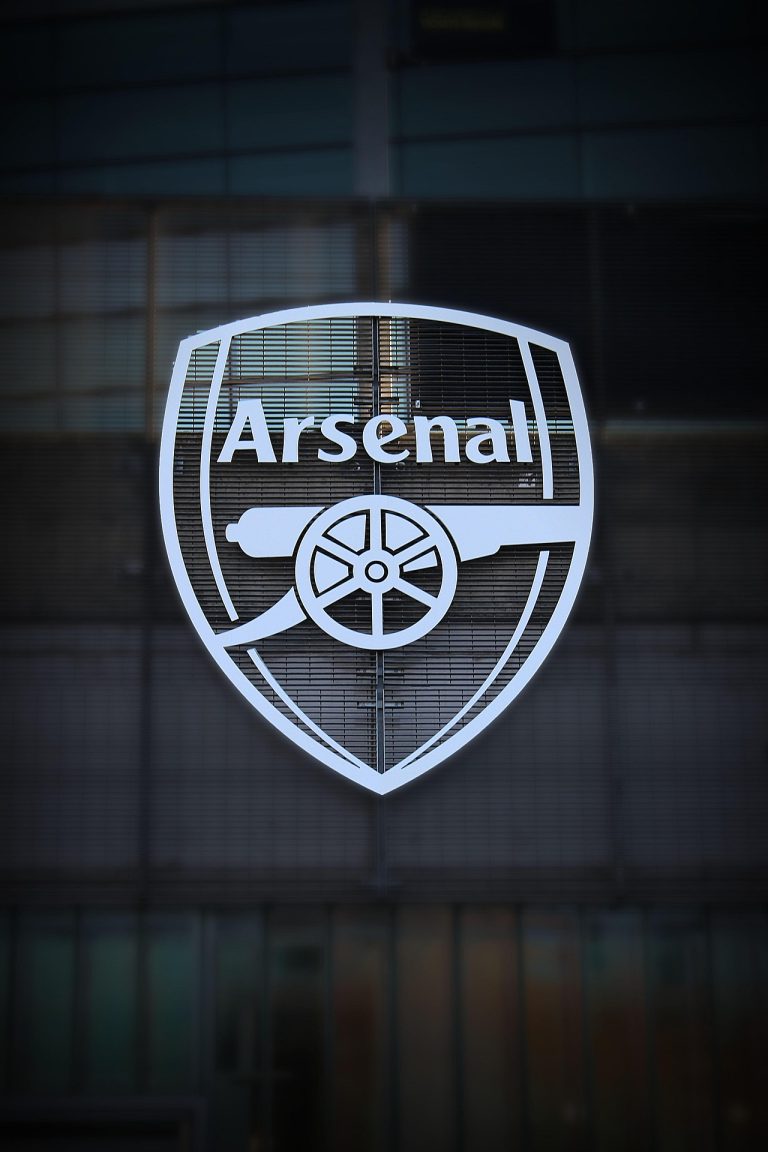No chronicle of English football is complete without the name of a football club that has become a symbol of strength, discipline, and revival. The history of Manchester United is not just a list of dates and victories. It is a living chain of eras, where every drama, transfer, record, or catastrophe has left its mark on the global sports discipline.
The History of Manchester United: The Beginning of the Journey
In 1878, railway workers from Newton Heath united into a team with a common symbol. A modest football club without stable funding, without a professional manager, but with ambitions, transitioned to the status of a professional team in 1892. The initial steps in the English championship did not bring either glory or stability. Debts were accumulating, and collapse seemed inevitable.
In 1902, investors from Manchester bought out the club’s shares and renamed it. Thus began the history of Manchester United as it is known today. The team not only received a new name but also a second chance. With the arrival of funding, the team strengthened, and the management strategy took on professional outlines.
The Birth of a Legend: From the First Title to the War Pause
Manchester United won its first Premier League title (then the First Division) in 1908. This was followed by the FA Cup in 1909. At that time, the Old Trafford stadium did not yet exist – the home field remained Bank Street. The situation changed in 1910 when the team moved to Old Trafford, later named the “Theatre of Dreams.”
The interwar years were a time of calm. The infrastructure suffered during the years of the Second World War, and many players went to the front. Titles disappeared. Financial losses worsened the crisis. The team barely stayed afloat. But Manchester United knows how to surprise precisely in moments of decline.
Matt Busby and the Munich Tragedy
In 1945, the leadership entrusted the former Scottish midfielder with the command. The coach created a unique youth system, assembled the golden generation of “Busby Babes,” and won the league in 1956. But the dream era ended in 1958.
February 6 – tragedy. The plane carrying the team crashed in Munich. 23 people died, including 8 players. The remainder of the season, the team played in emotional emptiness. Matt Busby, who survived the air disaster, rebuilt the team from scratch.
Revival and Triumph in Europe
In 1968, the club etched its name in history, becoming the first English team to win the European Cup – the predecessor of the Champions League. In the final, Benfica was defeated 4-1. It was then that George Best, Bobby Charlton, and Denis Law forever entered the pantheon of football legends. This victory not only boosted morale – it confirmed that the team had returned to the top.
But after Busby’s departure, changes began without a clear strategy. The team lost its structure, and achievements took a back seat. A new crisis for Manchester United was looming, accompanied by unsuccessful appointments and weak transfer policies.
Ferguson and the Era of Iron Discipline
In 1986, the club entrusted management to a young Scottish coach from Aberdeen. Alex Ferguson turned Manchester United into a machine. He brought order, tightened discipline, and changed the culture within the team.
The leadership’s patience paid off: the first trophy – the FA Cup in 1990, then the FA Community Shield, and in 1993 – the long-awaited Premier League gold.
Next came an era of absolute dominance:
- 13 Premier League titles;
- 5 FA Cups;
- 4 FA Community Shields;
- 2 Champions Leagues;
- 1 Intercontinental Cup;
- 1 FIFA Club World Cup.
In 1999, the team achieved a unique treble: the league, FA Cup, and Champions League in one season. No English club has repeated such an achievement.
After Ferguson: Seeking Balance
Since Ferguson’s departure in 2013, the team has been in a state of instability. Frequent changes in coaches, unsuccessful transfers, loss of a clear strategy, and internal turbulence have reduced performance. The management experimented with new approaches – from pragmatism under Van Gaal to chaos under Moyes and Solskjaer. Dependence on marketing noticeably increased, but a unified philosophy disappeared.
The history of Manchester United has entered a phase of uncertainty. Despite investments, the team rarely reached the highest stages of tournaments. The crisis of Manchester United manifested in unstable play, disputes around owners, and a sharp decline in fan trust.
Modern Times: Globalization, Marketing, and the Fight for DNA
In the 21st century, United became one of the most commercially successful brands in the world of sports. Massive investments, advertising deals with Adidas, Chevrolet, TeamViewer, global reach – the result of aggressive marketing. Commercial revenue grew by 48% over five years, exceeding £300 million annually. The club listed shares on the New York Stock Exchange, demonstrating interest in international financial markets.
However, behind the facade of success were systemic problems. Lack of a stable coach, controversial management decisions, fan dissatisfaction, and conflicting sporting performances led analysts to talk about an identity crisis. The football team lost the characteristics inherent in the Ferguson era – speed, character, discipline.
Players and Transfers in the History of Manchester United
After 2013, the club spent over £1.4 billion on transfers. Among them – Pogba (£89 million), Sancho (£73 million), Maguire (£80 million). However, rare transfers did not systematically strengthen the team. The lack of a clear selection model led to a collection of stars without a unified tactic. Problems were exacerbated by a lack of players with leadership qualities and consistent physical preparation.
But numbers alone do not solve the strategy. Only a combination of sound management, discipline, and targeted selection allows for creating a competitive unit.
Ten Hag and the Attempt at Systemic Restructuring
In 2022, Erik ten Hag took over as head coach of the team. With his arrival, the playing philosophy changed – focusing on ball control, high pressing, and well-thought-out attacking actions. In the first season, the club won the FA Cup, secured a top-4 spot in the Premier League, and returned to the Champions League.
But in 2023, injuries, dressing room conflicts, and squad instability once again revealed old problems. Results became inconsistent, and criticism of the owners intensified. Fans staged protests against the Glazers, demanding a change in management model and a return to the club’s philosophy.
The Era of Shares and Change of Ownership
The situation changed in 2023. British billionaire Jim Ratcliffe acquired 25% of the shares and gained control over the sports part. Reforms in selection, infrastructure, academy, and training processes are expected. The new approach promises to reduce the influence of marketing on the squad and refocus on results.
Manchester United has entered another stage – a struggle for restoring identity in the conditions of the new global football world.
The History of Manchester United: The Main Points
Victories, mistakes, conflicts, and transformations have shaped the character of the team, where discipline and passion for the game have always triumphed over chaos. The history of Manchester United proves that even in an era of financial bubbles, algorithms, and social networks, a team with an idea can survive and reboot.













